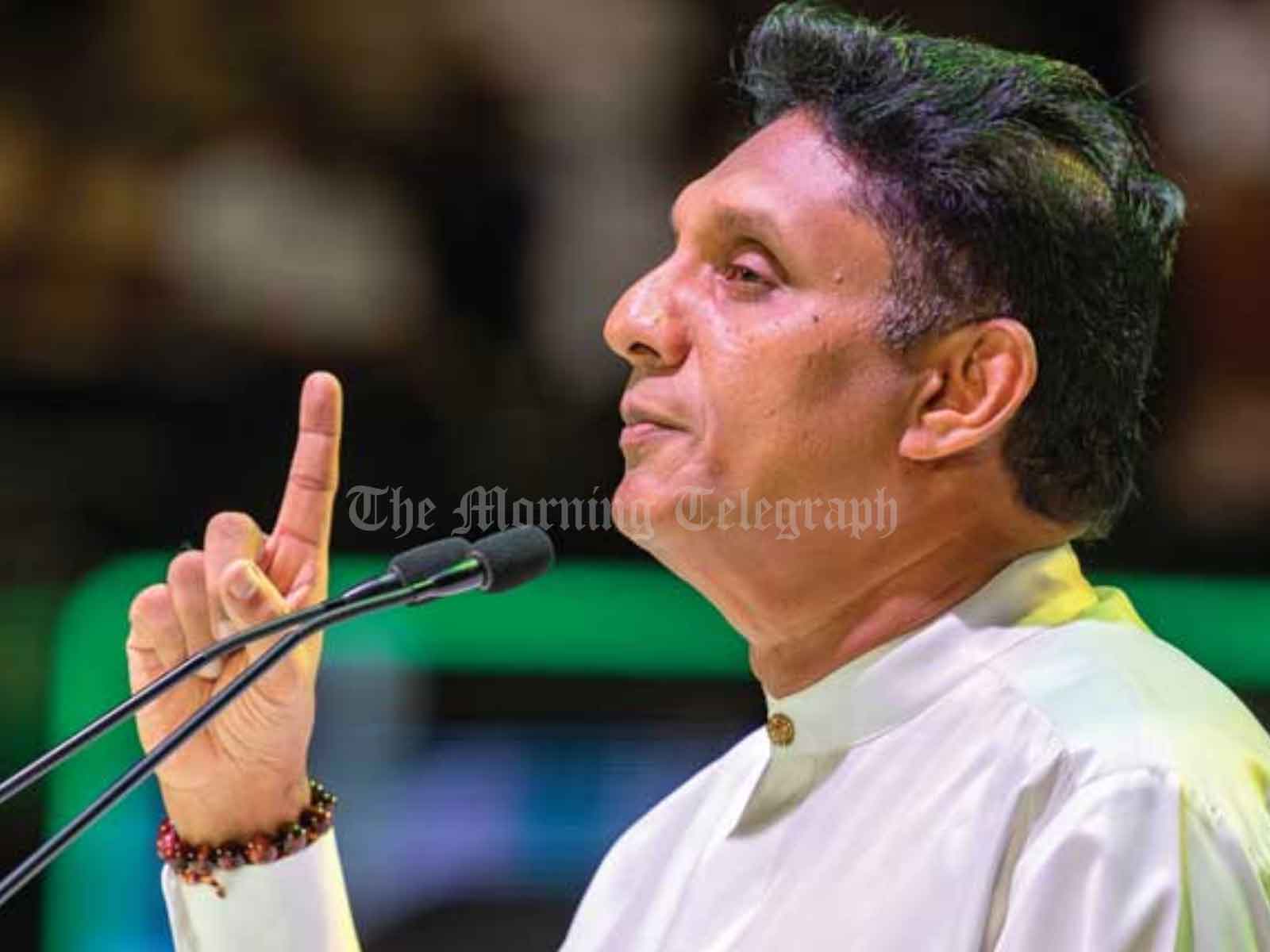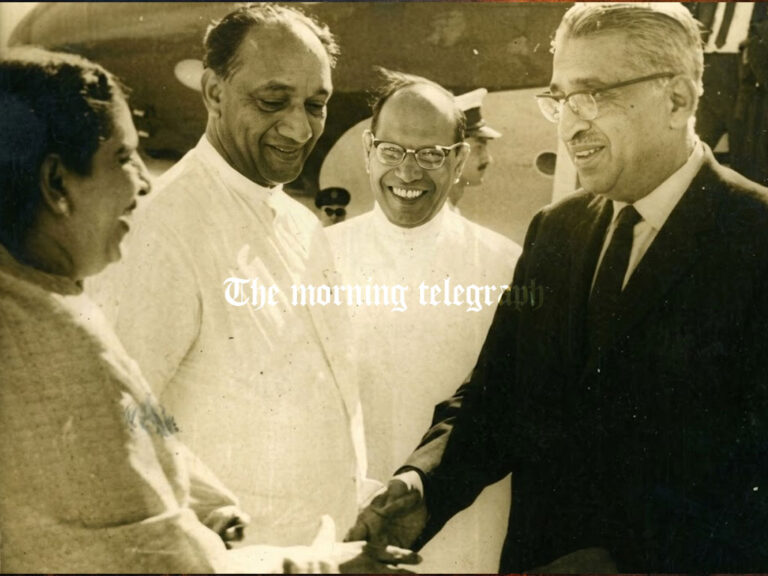
Colombo, August 29, 2024 — Sajith Premadasa, the presidential candidate of the Samagi Jana Sandanaya (SJB), has officially presented his presidential election manifesto, outlining a broad and ambitious vision for Sri Lanka’s future. The manifesto was formally handed over to the Mahanayakes of the Asgiriya and Malwathu chapters, with a full release to the business community and the public scheduled for September 4.
Premadasa’s manifesto is organized into five main pillars: building a strong economy, empowering every citizen, upgrading public service, protecting the quality of life, and ensuring state security. Each section details specific policies aimed at addressing the pressing challenges faced by the country.
Economic Reforms and IMF Compliance
At the heart of Premadasa’s economic agenda is a commitment to managing the ongoing credit crisis while adhering to the terms of the International Monetary Fund (IMF) agreement. He has pledged to continue implementing necessary reforms to meet revenue, primary account balance, and debt targets, all while maintaining strict fiscal discipline.
Empowerment of Women and Children
A significant portion of the manifesto is dedicated to empowering women and children. Premadasa promises to establish day care centers in every Gram Niladhari division to support working mothers. Additionally, the government will bear the cost of maternity leave, ensuring that women are not financially penalized for starting a family. Police stations across the country will see their women and children bureaus operate 24/7, and unauthorized microcredit institutions will face strict regulation. Premadasa also aims to provide tax benefits to companies where women make up more than 50% of the workforce, encouraging higher female participation in the economy.
Public Service Upgrades
Premadasa has laid out plans for a comprehensive reorganization of the public service, ensuring that all recruitment and appointments are based on merit. The manifesto includes a significant increase in the living expenses allowance for public sector employees and a 24% rise in the basic salary, raising the minimum gross salary to Rs. 57,500. He also proposes that government employees recruited from 2016 onwards be eligible for pensions under the Pension Constitution.
Housing and Public Facilities
In addressing housing needs, Premadasa’s manifesto promises to provide government-owned land for constructing low-income and middle-class housing schemes. The plan prioritizes rural, urban, hilly, disaster-affected areas, and fishing communities. He also proposes reducing construction costs by eliminating high taxes on imported materials and introducing a special home loan scheme with long-term repayment options and minimal interest for first-time home or land buyers.
Support for Foreign Workers and Employment
The manifesto includes provisions for foreign workers, such as tax exemptions on housing construction materials and a new system for issuing electric vehicle licenses based on foreign remittances. Premadasa also aims to amend electoral laws to allow expatriate workers to vote from abroad and plans to implement a contributory insurance scheme and a special housing program for all private sector employees. New legislation will also be introduced to regulate domestic work.
Law and Order Reforms
Premadasa’s manifesto emphasizes law and order, with a particular focus on justice for the victims of the Easter Sunday attacks. He promises to establish a commission within three months and set up a permanent High Court to prosecute those responsible. The government will also take steps to prevent hate speech and digitize the entire judicial system within five years, making it more efficient and accessible. Legal aid will be provided for all types of cases, and previously withdrawn criminal cases will be reassigned for prosecution. Additionally, those impacted by the economic crisis will be supported in pursuing legal action to obtain compensation.
Education and Youth Development
In the education sector, Premadasa commits to providing free public transport for teachers across Sri Lanka and resolving salary, pension, and service issues with a comprehensive action plan by January 2025. His manifesto also includes a roadmap to create a supportive environment in every school, ensuring they become friendly spaces for students.
As the election campaign progresses, Premadasa’s manifesto is expected to play a crucial role in shaping the debate and influencing voters. The official release of the full policy statement to the public on September 4 will likely provide further details on these proposals, setting the stage for the upcoming presidential election.
Full details are below.




